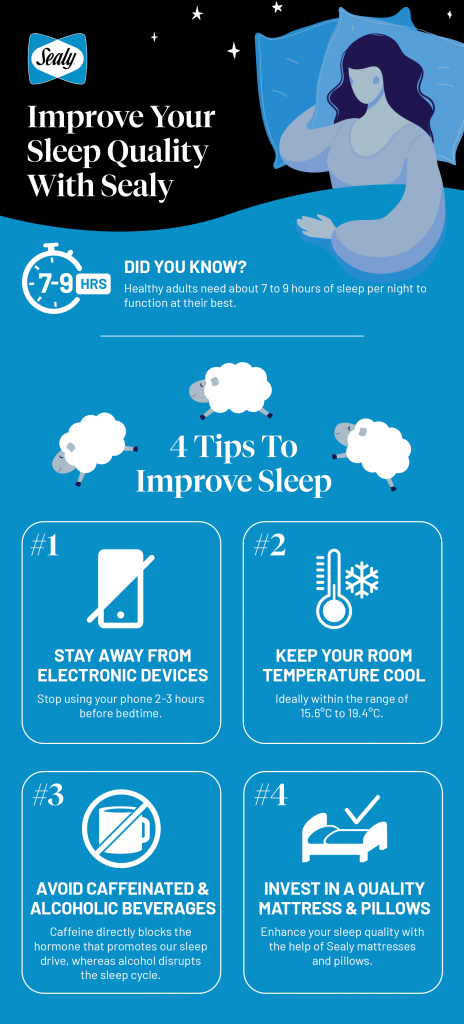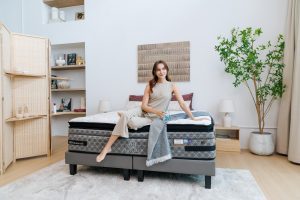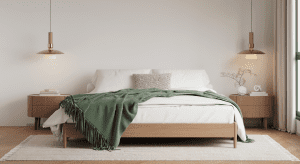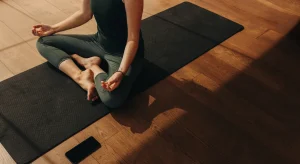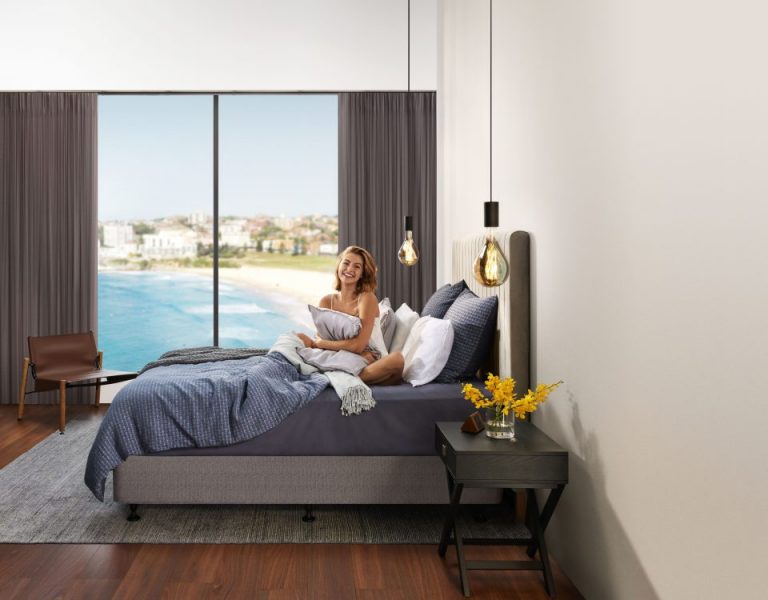
Aside from consuming healthy food and exercising regularly, getting adequate sleep is one of the vital factors that help the body to recharge and repair itself, for it to perform at its maximum potential. Yet, it is also one of the things that many people neglect when they get too busy, leading them to sleep deprivation.
Are Singaporeans Sleep Deprived?
Singaporeans are amongst the most sleep-deprived people globally.
According to an independent sleep study conducted in Asia (China, Hong Kong, Thailand, Malaysia and Singapore), results revealed that 55% of those who were surveyed in Singapore admitted to having just 6 hours or less of sleep each night. While there are many causes of sleep deprivation, most correlate Singaporeans’ lack of sleep with their long working hours. On top of that, the stresses of daily life may also intrude upon their ability to fall asleep and stay asleep.
In this article, we will share some useful tips to improve your sleep quality. But first, we want to briefly discuss how lack of sleep affects your body.
How Does Lack of Sleep Affect Your Body?
Prolonged sleep deprivation can have long-term and short-term effects on your body. It could lead to issues in your physical, mental and emotional well-being, affecting your day-to-day life.
Some short-term effects of lack of sleep can include:
- Excessive daytime sleepiness & fatigue
- Poor Stamina
- Less effective cognitive perception
- Lack of alertness
- Memory & concentration difficulties
- Increased mood disturbances (e.g. irritability, anger, sadness and frustration)
Whereas long-term effects with major impacts can include:
- Heart issues (e.g. heart attack, heart failure or stroke)
- High blood pressure
- Diabetes
- Obesity
- Reduced immune function
- Lower sex drive
- Depression & anxiety
- Shortened life expectancy
Tips To Improve Sleep
1. Stay away from electronic devices
It is scientifically proven that light is the most important external factor affecting sleep. It has a dramatic influence on the body’s circadian rhythm, melatonin production, and sleep cycles. Simply put, your body responds to bright light as a signal to be awake, and to the dark, as a signal to fall asleep.
While all types of light can affect circadian rhythms, blue light has the most powerful impact on your internal body clock since it stimulates the part of the brain that makes us feel alert, blocks the production of sleep hormones (melatonin), and disrupts our sleep cycle.
The most common sources of blue light include LED and fluorescent lights, as well as many electronic devices such as:
- Televisions
- Smartphones
- Tablets
- Computer screens
- Video Game Consoles
- E-readers
Therefore, if you are having trouble falling asleep, the best thing to do is put down your phone or any type of gadget 2-3 hours before your bedtime.
2. Keep your room temperature cool
Did you know that our core body temperature naturally drops at nighttime to signal that it’s time to get some sleep? If your room is too hot, it could take you longer to fall asleep and end up waking up in the middle of the night feeling “too hot”, disrupting your supposedly restful night.
You can reinforce your body’s natural instinct to sleep by regulating the temperature of your sleeping environment. The simplest way to do this is by ensuring that your room stays cool throughout the night, ideally within the range of 15.6°C to 19.4°C. This will stimulate the production of melatonin, a hormone naturally produced by our body to promote sleep, resulting in a shorter time to fall asleep and improved sleep quality overall.
Another way to stimulate a cool environment at night is by preparing your bed. If you find yourself feeling hot in bed at night, it is probably best to look out for a new mattress that is designed with a cooling effect technology paired with a breathable bedsheet and pillow.
3. Avoid caffeinated and alcoholic beverages
Consuming the wrong choice of late-night beverage can have a negative effect on your sleep quality.
A brain chemical called adenosine builds gradually with wakefulness and the more it accumulates, the sleepier we become. Caffeine in particular directly blocks adenosine which in effect reduces sleepiness and may bring difficulty falling and staying asleep after consuming it.
Here are some examples of highly caffeinated drinks:
- Coffee
- Energy Drinks
- Sodas
- Green tea & Black tea
Experts suggest avoiding caffeine 4 to 6 hours before bedtime. If you are highly sensitive to caffeine, completely cutting back on it might be the best solution.
On the other hand, alcohol – despite its sedative effects that can induce relaxation and sleepiness – has been linked to poor sleep quality and duration. It may help with sleep onset but cause disruptions later in the sleep cycle. The most obvious effect is the increased need to urinate throughout the night. Other effects include decreased rapid eye movement (REM) sleep leading to fragmented sleep, as well as insomnia, snoring, and sleep apnea.
4. Invest in a quality mattress and pillows
Let’s say you’ve done your research, followed all the sleep tips that you found online, and ruled out serious sleep conditions such as sleep apnea yet you still wake up feeling exhausted — most probably, your bed might be the culprit.
As stated by Dr. Lawrence Epstein, a sleep expert at Harvard-affiliated Brigham and Women’s Hospital, “Anything that will make you comfortable will improve the likelihood of getting a good night’s sleep.” One of the simplest but also often overlooked solutions for a restful sleep is a comfortable mattress. If you toss and turn at night, wake up with body aches & pains, or experience allergy when you’re in bed, it is most likely an indication that it’s time to replace your mattress.
An uncomfortable pillow is not any different, a pillow that’s too soft or firm often leads to headache, neck pain or stiff neck. For people suffering from sleep apnea, a condition in which you stop breathing periodically during sleep, a pillow on its own won’t cure your condition but using the right one can improve your sleep quality. For example, it is strongly recommended that people with sleep apnea sleep on their side or stomach instead of their back. For side sleeping, it is best to use a contoured pillow that will support your neck and shoulders. Whereas for stomach sleeping, you should opt for a pillow with a low height.
Sealy offers a wide range of mattresses and pillows that are guaranteed to provide you with the perfect balance of comfort and support, enhancing your sleep quality. You might also want to take our Mattress Selector quiz to ensure that you choose the mattress that will meet your needs.
